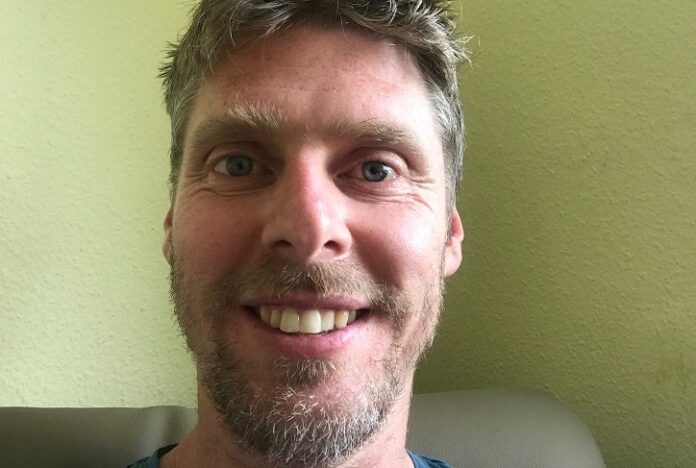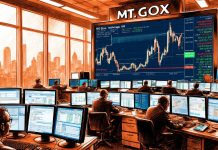This week I spoke with David Atkinson, entrepreneur, C-Suite leader, advisor, investor and consultant who combines systems thinking, psychology and design thinking with systems, strategy, people and processes. He is part of the management team for the Holo ICO which calls itself an Ethical ICO. I wanted to find out more so I quizzed David on the difference between ethical and commercial ICOs.
What is an ethical ICO?
An ethical ICO is raising money in a way that creates a product or service of real value to a community with the operating infrastructure and tools to support the vision. There are two parts to an ethical ICO from our perspective. The first is building a cryptocurrency that is a medium for exchange and is tied to something of real-world value. The second is grappling with real, complex, questions in an ever-changing environment.
As an example, the questions we grappled with when designing the Holo ICO included:
- How can we structure the most straightforward, truthful representation of our product and intention to our crowd?
- How can we separate demand for our product from demand for speculation and quick returns?
- What can we build before an ICO as a show of good faith?
- What is a reasonable amount to raise to deliver a first round of solid results?
- Can we reach more people by ensuring our offer is not interpreted as a security?
- Can our currency be connected to reliable real-world value to strengthen and stabilize the market for it?
- Would value stability allow cryptocurrencies to move into more mainstream use for a productive economy, not just a speculation market?
- Are there ways to take accountability for ensuring the value of our offering, and for how much our community has funded us?
More information can be found in Arthur Brock’s ethical ICO series.
How does it differ from a regular one?
We measured demand for our product using a crowdfunding campaign to scale our ICO supply, rather than setting the supply ourselves. We structured our ICO participation so that every user is fully KYC’d, nobody can buy more than 10% of the daily supply, and crowdfund participation is rewarded with reserved supply, rather than first-in-first-served. We built a next-gen blockchain (holochain) which is in alpha and then we are raising money for the application hosting company that hosts holochain apps, instead of having a small MVP or just a pitch deck. Our team has skin in the game, we have 30 people who have been working for almost no pay in a bootstrapped environment for up to ten months and most of the team’s payout is in Holo fuel which comes only when Holo is launched. We structured our revenue model so not everything needs to be taken up front and with a reasonable cap, unlike Bancor and Tezos or EOS. We designed a currency that has real-world value, is built upon double entry accounting, and is designed as a medium of exchange, so nobody can come in and disrupt the currency while you are trying to provide application hosting which is the initial use of Holo fuel.
How do you build an ethical community?
Building a community around these questions and principles gives you a good shot at building an ethical community. We have constraints on our currency that limit gaming and speculation, and we have an abundant view of the world. We believe there is unlimited potential to shape a better and new world where a global community can function as well as a small village.
You can find David on medium and linkedin.
For more information on holo, please visit Holo ICO















